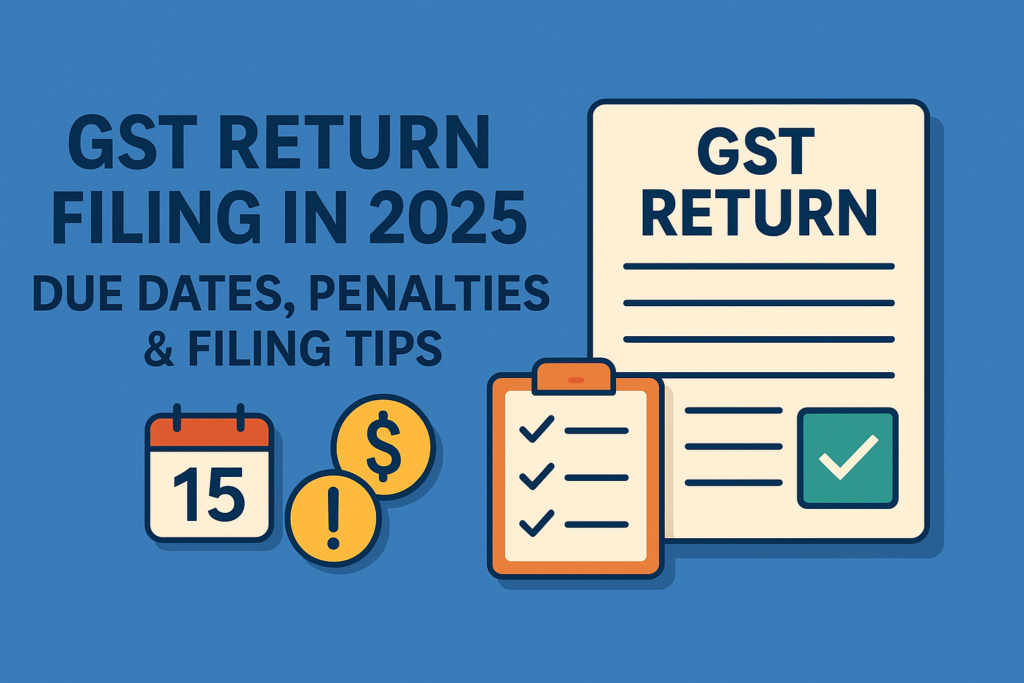
Understanding Cryptocurrency Taxation in India
Cryptocurrency has emerged as a disruptive force in the financial world, offering innovative solutions and challenging traditional systems. As its popularity grows, so do the regulatory considerations surrounding its taxation, particularly in a complex landscape like India. In this comprehensive guide, we delve into the intricacies of cryptocurrency taxation in India, exploring regulations, compliance, and essential insights to help you navigate this evolving domain effectively.
The Dynamics of Cryptocurrency Taxation
Cryptocurrency taxation in India is a multifaceted subject that demands a nuanced understanding of both digital assets and tax regulations. The taxation framework for cryptocurrencies is shaped by various factors, including legislative developments, regulatory directives, and the evolving nature of digital currencies themselves.
Regulatory Framework and Legislative Landscape
Navigating cryptocurrency taxation in India requires a thorough comprehension of the regulatory framework governing digital assets. Currently, India does not have specific legislation dedicated solely to cryptocurrencies. Instead, their treatment falls under existing tax laws and regulatory directives issued by authorities such as the Reserve Bank of India (RBI) and the Securities and Exchange Board of India (SEBI).
Taxation Categories and Compliance Obligations
Cryptocurrency transactions in India may attract taxation under different categories, including capital gains tax, income tax, and goods and services tax (GST). Understanding the tax implications associated with each category is crucial for ensuring compliance and minimizing tax liabilities.
Compliance Challenges and Considerations
Complying with cryptocurrency taxation regulations in India presents unique challenges due to the decentralized and pseudonymous nature of digital currencies. From record-keeping requirements to the valuation of transactions, taxpayers must address various compliance considerations to fulfill their obligations accurately.
Key Taxation Guidelines and Best Practices
Navigating cryptocurrency taxation in India requires adherence to key guidelines and best practices to ensure compliance and mitigate risks. By adopting a proactive approach and staying informed about regulatory developments, taxpayers can navigate the complexities of cryptocurrency taxation effectively.
Record-Keeping and Documentation
Maintaining detailed records of cryptocurrency transactions is essential for fulfilling tax obligations and demonstrating compliance with regulatory requirements. From transaction histories to wallet addresses, comprehensive documentation facilitates accurate reporting and minimizes the risk of non-compliance.
Valuation Methods and Reporting Standards
Determining the fair market value of cryptocurrency transactions is a critical aspect of taxation compliance. Various valuation methods, such as FIFO (First In, First Out) and LIFO (Last In, First Out), may be employed based on regulatory guidelines and accounting standards. Consistent reporting practices ensure transparency and consistency in tax filings.
Tax Planning and Optimization Strategies
Effective tax planning plays a pivotal role in optimizing cryptocurrency transactions and minimizing tax liabilities. From strategic timing of transactions to leveraging tax deductions and credits, proactive tax planning strategies empower taxpayers to maximize their financial outcomes within the bounds of legal compliance.
FAQs (Frequently Asked Questions)
Are cryptocurrencies legal in India?
Yes, cryptocurrencies are legal in India, although their regulatory status is subject to ongoing developments and clarifications by regulatory authorities.
How are cryptocurrency transactions taxed in India?
Cryptocurrency transactions in India may attract taxation under various categories, including capital gains tax, income tax, and goods and services tax (GST), depending on the nature of the transaction and the parties involved.
Do I need to report cryptocurrency holdings in my tax filings?
Yes, taxpayers in India are required to report their cryptocurrency holdings and transactions in their tax filings, ensuring compliance with regulatory requirements and transparency in financial reporting.
What are the penalties for non-compliance with cryptocurrency taxation regulations in India?
Non-compliance with cryptocurrency taxation regulations in India may attract penalties ranging from monetary fines to legal repercussions, depending on the severity of the violation and the discretion of regulatory authorities.
Can I claim tax deductions on cryptocurrency transactions in India?
Tax deductions on cryptocurrency transactions in India may be available under certain circumstances, such as expenses incurred in the course of mining activities or investment-related expenses eligible for deductions under relevant tax laws.
How can I stay updated on cryptocurrency taxation regulations in India?
Staying informed about cryptocurrency taxation regulations in India requires regular monitoring of legislative developments, regulatory directives, and guidance issued by authorities such as the RBI and SEBI. Engaging with tax professionals and industry experts can also provide valuable insights into evolving regulatory trends.
Conclusion
Navigating cryptocurrency taxation in India requires a comprehensive understanding of regulatory frameworks, compliance obligations, and best practices. By staying informed, adopting proactive tax planning strategies, and seeking professional guidance when needed, taxpayers can effectively manage their tax liabilities and contribute to the responsible and sustainable growth of the cryptocurrency ecosystem in India.






